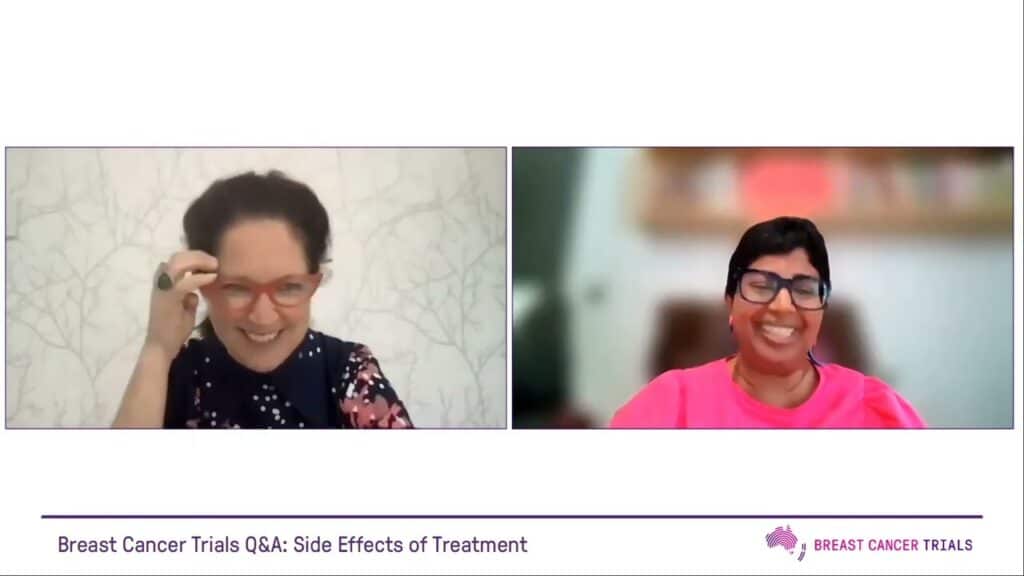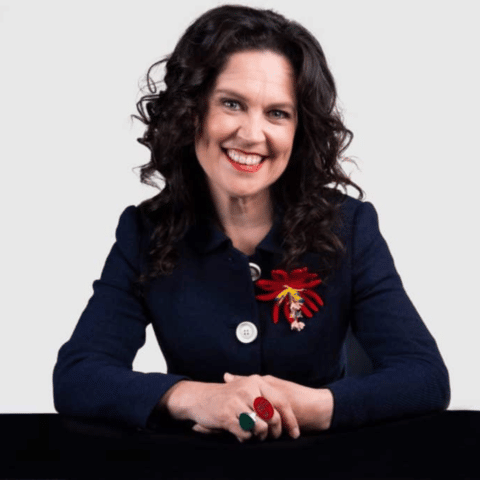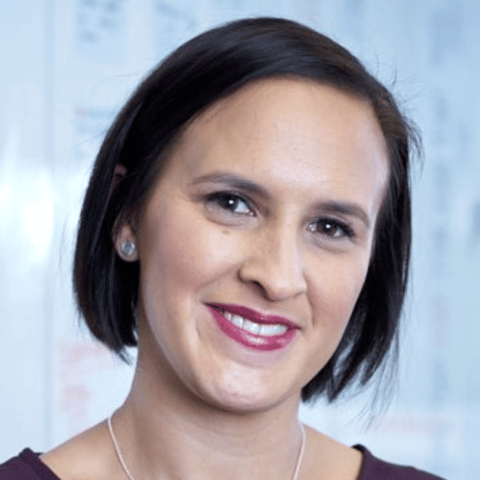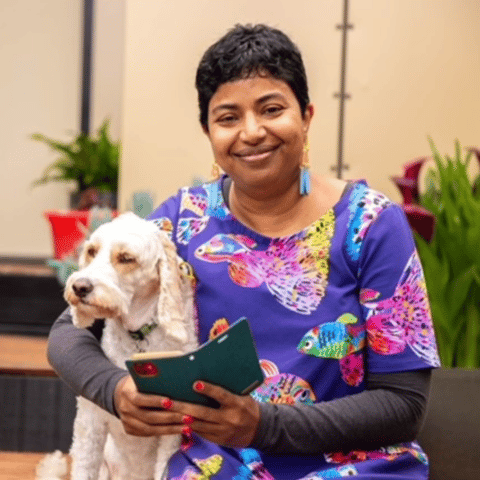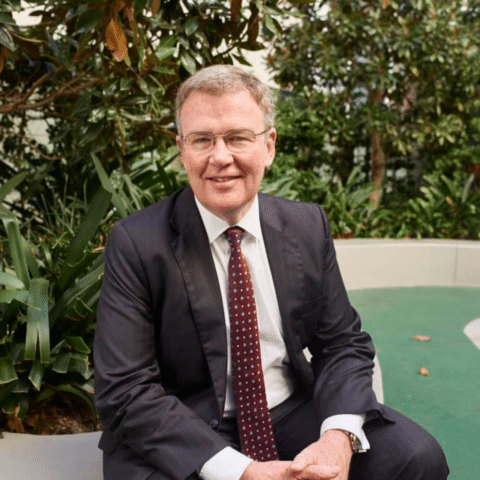- Research
- 2022-2026 Research Strategy
- Open Clinical Trials
- Closed Clinical Trials
- What is a Clinical Trial?
- Why Participate in a Clinical Trial
- Remote Telehealth Pre-Screening Process
- Research Achievements
- Publications
- Research Development and Funding
- Participating Institutions
- International Collaboration
- BCT Trials & Projects Summary
- Translational Research
- Clinical Fellowship Program
- International Fellowship Support
- Annual Scientific Meeting
- Travel Grants and Awards
- About
- Our Impact
- Fundraise
- Donate
- Researcher Login
- Cart
Everyone’s breast cancer experience is different, including the impact of treatment. Some people may experience few or mild side effects, while others may have long-lasting issues that continue after treatment has finished.
Breast cancer treatments aim to destroy cancer cells and treatments may include chemotherapy, radiation, hormone therapy, surgery, immunotherapy and targeted therapies. While there are many benefits to having treatment – namely saving lives – some treatments don’t just affect cancer cells but may also affect healthy cells too.
Side effects from treatment can vary greatly and can be influenced by type of breast cancer, the location of the disease, age and different types of treatment.
Common side effects may include: fatigue, hair loss, joint pain, skin and nail problems, menopausal symptoms, lymphoedema, weight loss or gain, poor appetite and diarrhoea.
In addition, breast cancer treatment can also affect a patient’s mental health, their relationships, their ability to work, to look after children and to function in their day-to-day life.
It’s unlikely that those diagnosed with breast cancer will experience many or all of these side effects. But quality of life, support and survivorship care are important areas of discussion in the treatment of this disease.
In this free and online Q&A, we explored research that’s aimed at improving treatments that have less side effects, strategies to manage side effects both during and after treatment, and we heard personal stories and advice from those who have a breast cancer experience.

